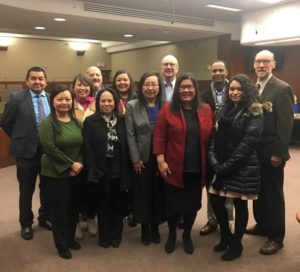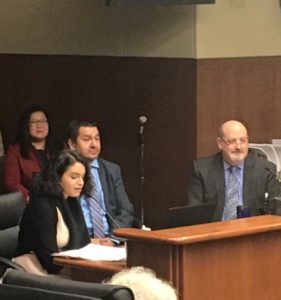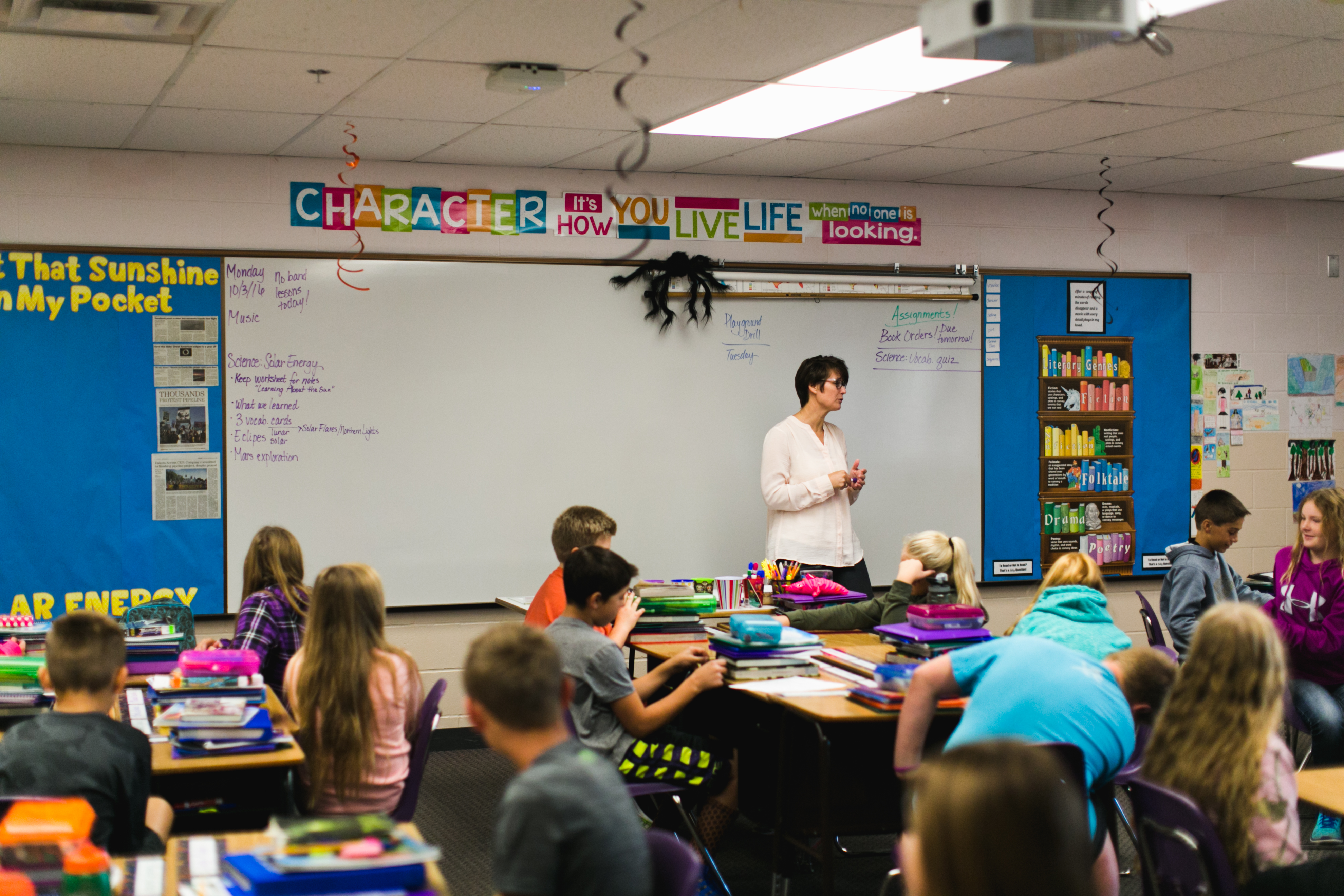 Voices from across the Minnesota shared the need for enhanced support English Language Learners during a hearing Wednesday with the House Education Finance Committee.
Voices from across the Minnesota shared the need for enhanced support English Language Learners during a hearing Wednesday with the House Education Finance Committee.
Among the most compelling testimony came from Cassandra Salinas, a senior at Waseca High School. She shared how the ELL services at Waseca Public Schools helped her throughout her academic career.
With Waseca Cultural Liaison J.D. Delgado and Superintendent Tom Lee by her side, Salinas told lawmakers how her ELL classroom had been a home away from for her.
 While most committee hearings can be cold and dry most of the time, Salinas captivated attention and infused energy into the room. Lawmakers broke into applause when she shared that she made the honor role this year. View the video of the hearing.
While most committee hearings can be cold and dry most of the time, Salinas captivated attention and infused energy into the room. Lawmakers broke into applause when she shared that she made the honor role this year. View the video of the hearing.
The testimony came as lawmakers considered a bill that provide more base funding for ELL. Superintendent Lee testified that 90 of the 1,900 students in Waseca Public Schools are in the district’s ELL program.
The district has 3 full time ELL teachers as well as para professionals, a cultural liaison and translators for parent conferences.
Waseca expends about $300,000 in ELL programming and receives about $26,000, Lee said. The difference, he said, is made up by the general fund.
“I urge you to support this bill and provide more adequate ELL funding,” he said.
If fully funded, HF 448 would increase minimum ELL funding from $14,080 to a base of $35,000. With this increase in the base, 107 rural school districts with fewer than 20 ELL students would each receive a $20,020 increase. Currently, there are 113 rural school districts with no ELL students, but that can change. This new minimum provides them with support when an ELL enrolls.
All districts above the minimum, rural and metro, will double the revenue per ELL student (from $704 to $1400) and districts with a concentration of ELL students will receive a four-fold increase in the concentration factor from $250 to $1,000 per pupil.
The Minnesota Department of Education (MDE) ensures educational equity and access for English Language Learners (ELL) through support of local educational agencies (LEAs). Those LEAs enrolled 73,128 students with English Learner (EL) status in the 2018- 19 school year, up nearly 2 percent from the previous year, according to a report from MDE.





